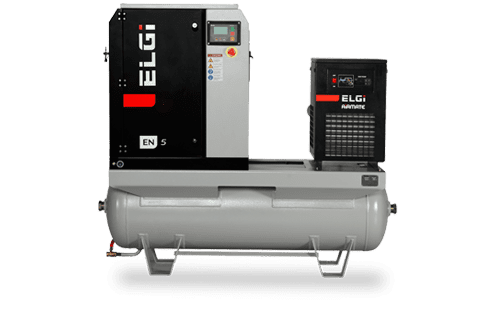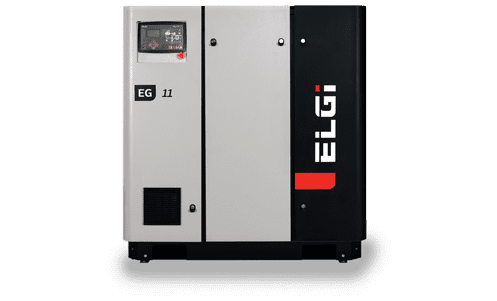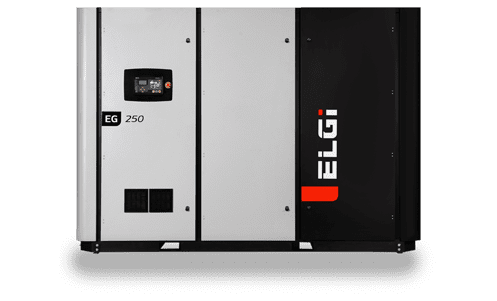Frequently Asked Questions: Oil-Free Air Compressors
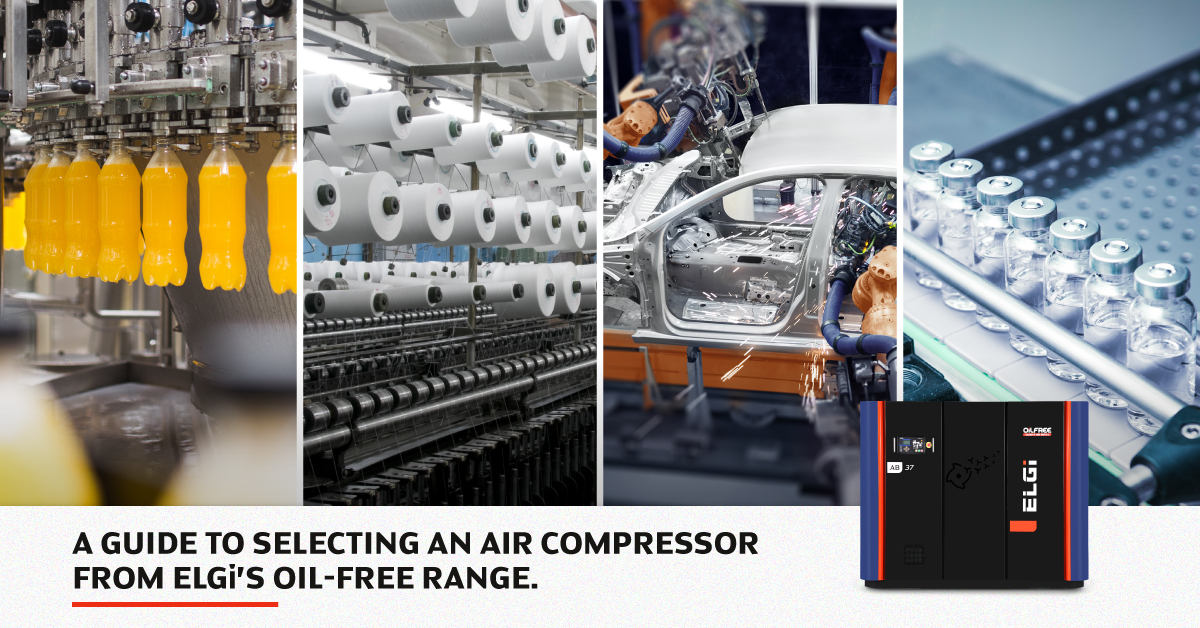
Oil-free air compressors are used in industries where clean air quality is crucial.
ELGi has been providing a wide range of compressed air solutions for over six decades, adhering to rigorous Class 0 standards for oil-free air. ELGi’s AB & OF Series are screw air compressors deliver contaminant free compressed air for critical applications. Our Oil-Free range is designed to provide air that is free from impurities, ensuring long-lasting reliability and significantly improved energy efficiency.
Frequently Asked Questions (FAQs):
A) What factors should I consider when selecting a compressor for my new pharmaceutical bulk drug manufacturing plant?
In applications where the air directly comes in contact with the final product, ensuring the purity of compressed air is critical. The presence of undesirable elements, such as oil particles, must be strictly avoided. Additionally, uninterrupted operation is a necessary requirement for the pharmaceutical industry. Consequently, the most suitable choice would be an Oil-Free screw air compressor, designed for continuous duty and capable of delivering oil-free compressed air that meets the stringent standards of purity.
B) What is the difference between an oil-lubricated and an oil-free air compressor?
In the case of a lubricated compressor, lubricating oil is an integral part of the compression cycle, directly infused into the compression chamber—referred to as the Airend. This process results in an air-oil blend that later undergoes a series of treatments.
On the contrary, an Oil-Free compressor operates differently, wherein the Airend undergoes the compression process devoid of oil injection. Consequently, the resultant compressed air is free from oil traces.
Moreover, Oil-Free air compressors are also notable for their environmental compatibility, as they eliminate the possibility of oil spillages from the compressor drain or any potential oil carryovers within the compressed air.
C) How can I manage costs effectively in response to my changing airflow needs?
It is advised, mainly when your airflow demand isn't consistent, to consider the installation of an air compressor equipped with a Variable Frequency Drive (VFD). For those with an existing fixed-speed air compressor, adopting a Retrofit VFD kit congruent with your compressor's power could be the alternative. This adaptation facilitates airflow regulation aligned with plant needs and concurrently reduces energy expenses.
D) What are the various cooling techniques employed in Oil-Free air compressors?
ELGi provides Oil-Free air compressors with two cooling options: air-cooled and water-cooled variants. During the compression operation, electrical power is transformed into heat energy. Appropriate cooling methods are implemented to ensure the system's temperature remains within safe boundaries.
E) How do I ensure the the compressor delivers oil-free air throughout the application?
The compression activity takes place within a section of the compressor known as the Airend. This Airend consists of two separate portions: the airside and the oil side, with air and oil seals effectively preventing any oil-air mixture. ELGi's Airends come with an added safety feature. In the event that the seals somehow fail, the oil is directed back into the sump, preventing it from mingling with the air. This ensures a consistent supply of 100% oil-free compressed air.
F) Which industries employ oil-free air compressors?
Certain industries require direct contact between air and the final product or its use in advanced machinery. In such cases, even the presence of small traces of oil is highly undesirable. ELGi provides completely oil-free compressed air solutions for industries such as Pharmaceuticals, Food & Beverage, Textile, Automobile, Electronics, FMCG, Oil & Gas, Power, and many others.
G) How does ELGi ensure the high quality of its air compressors?
ELGi designs and builds its own Airends entirely in-house, making it one of the few manufacturers to do so. Additionally, ELGi has a state-of-the-art foundry set up to achieve the highest quality in casting.
H) Are oil-free air compressors more expensive than oil-lubricated ones?
Oil-free air compressors have higher initial costs compared to oil-lubricated compressors. However, it is important to consider the long-term savings associated with them. The overall operating and maintenance costs can be significantly reduced since they eliminate the need for purchasing oil, replacing filters, and disposing of oil-contaminated condensate. Furthermore, avoiding oil contamination issues can prevent costly production downtime and equipment repairs.
I) How do oil-free compressors achieve lubrication without oil?
One common method is the use of dry-running vanes or other types of dry-running mechanisms, where self-lubricating materials or specialized coatings are used to reduce friction between moving parts. Some oil-free compressors also incorporate water or air cooling systems to manage operating temperatures and reduce the need for lubrication. ELGi offers both Air-cooled and Water-cooled variants of Oil-Free air compressors.
J) What are the standard maintenance requirements for oil-free compressors?
Oil-free compressors generally require less maintenance compared to oil-lubricated ones. However, regular maintenance should still be performed to ensure optimal performance and longevity. This includes inspecting and cleaning intake filters, checking and replacing worn-out seals or gaskets, monitoring and draining condensate, and periodically inspecting components such as valves, belts, and hoses. Following the recommended maintenance schedule provided by the original equipment manufacturer (OEM) is essential for keeping the compressor running smoothly.
K) Are oil-free compressors quieter compared to oil-lubricated ones?
Oil-free compressors generally operate at lower noise levels compared to oil-lubricated models. The absence of oil-related components, such as crankcases or oil pumps, reduces the overall noise generated during operation. However, it is important to note that noise levels can vary depending on the specific design, size, and operating conditions of the compressor.
RELATED BLOGS
When it comes to compressed air systems, rotary screw compressors have establishe...
Read MoreReciprocating air compressors are vital components in many industries, including m...
Read MoreOil-free air compressors are becoming increasingly popular due to their ability to ...
Read More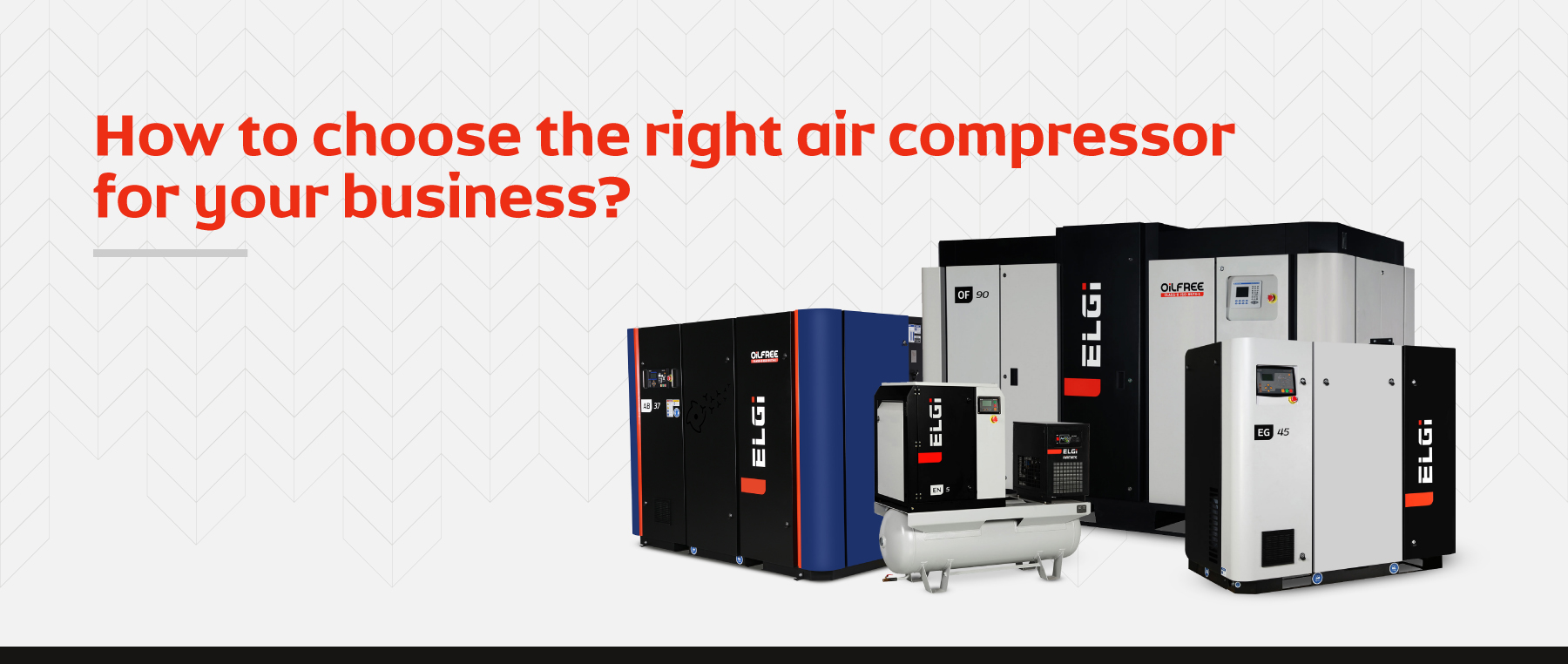
As automation expands across various industries, the demand for...
Read More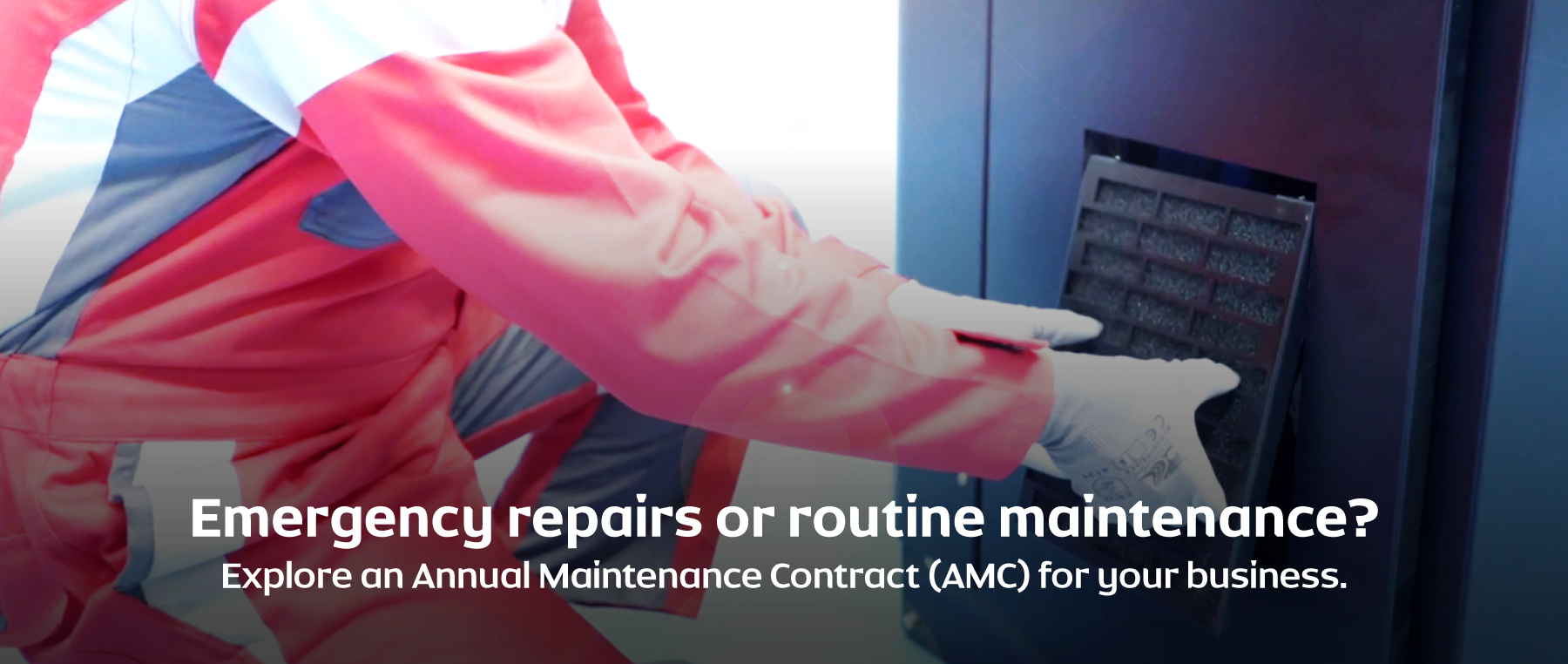
Air compressors require regular servicing and maintenance, a fa...
Read More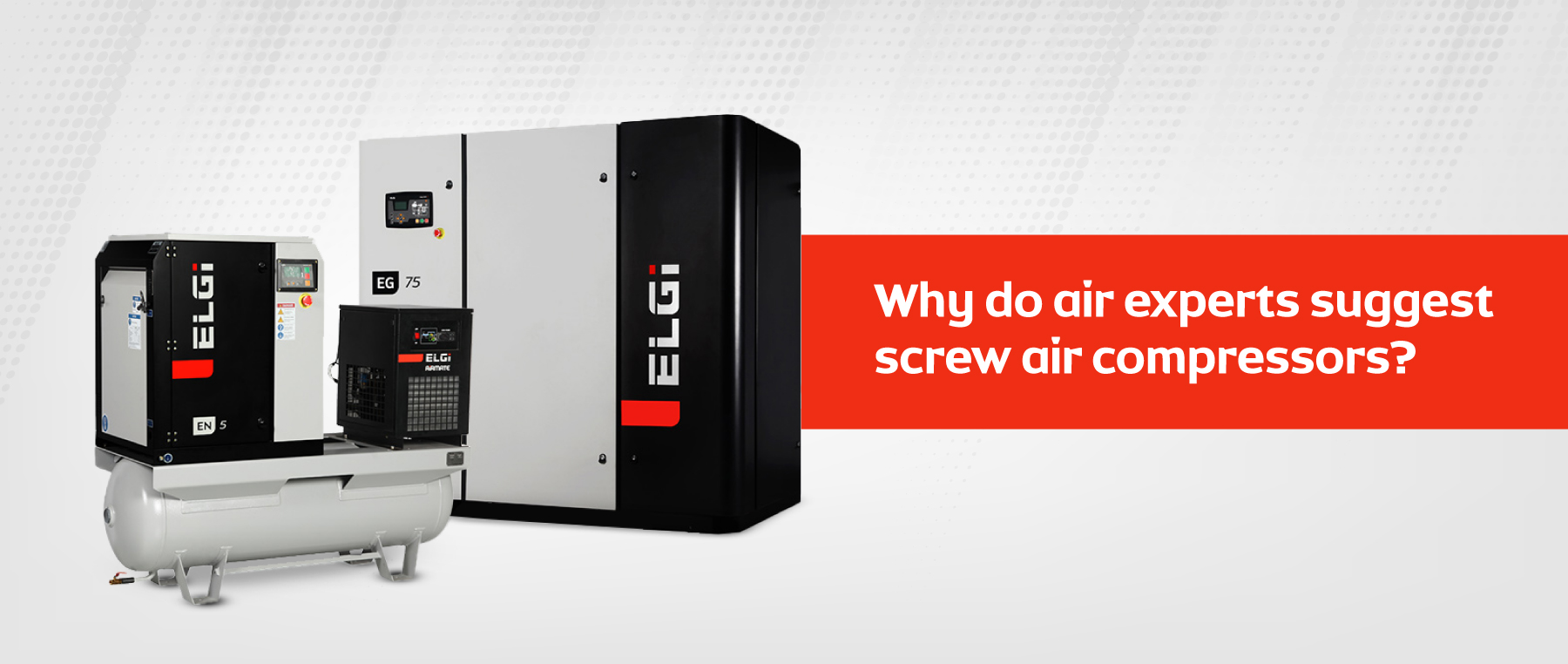
When seeking the optimal air compressor solution for your oper...
Read More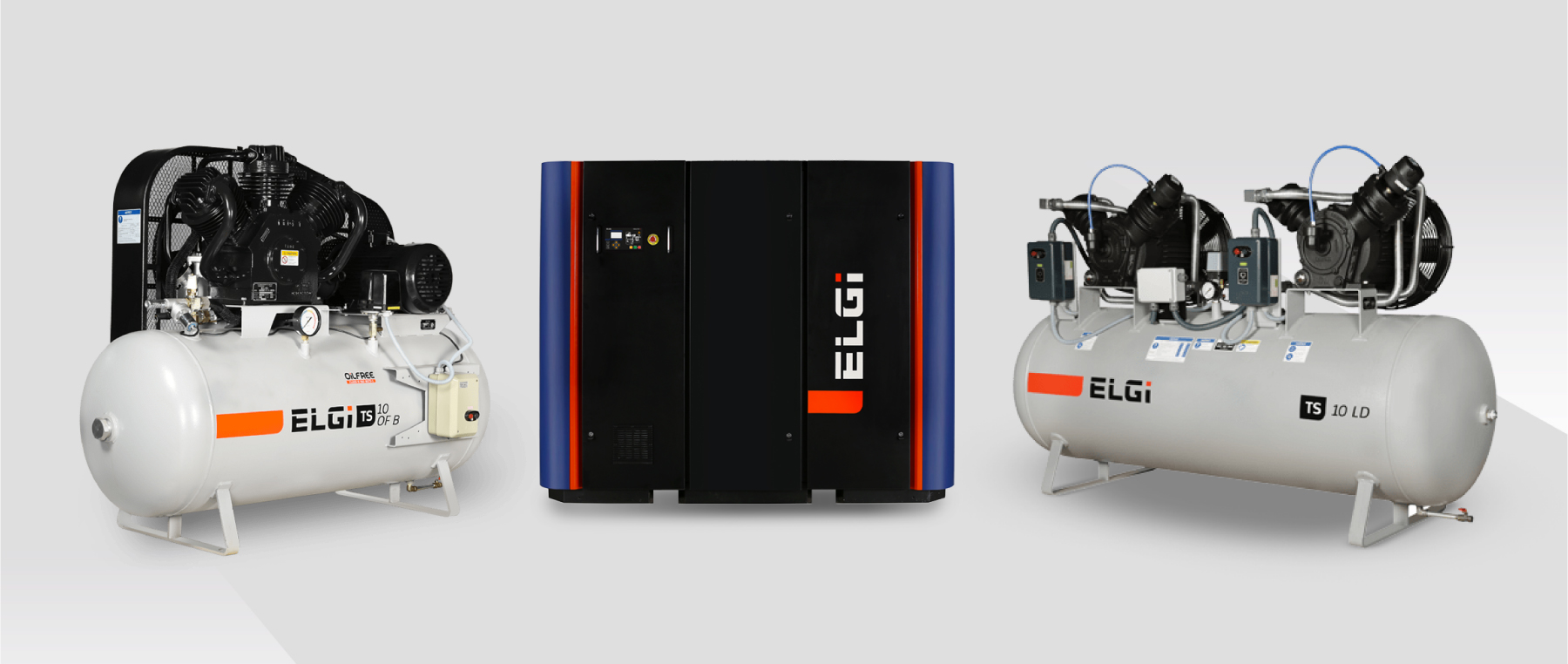
The two most commonly used types of air compressors are rotary ...
Read More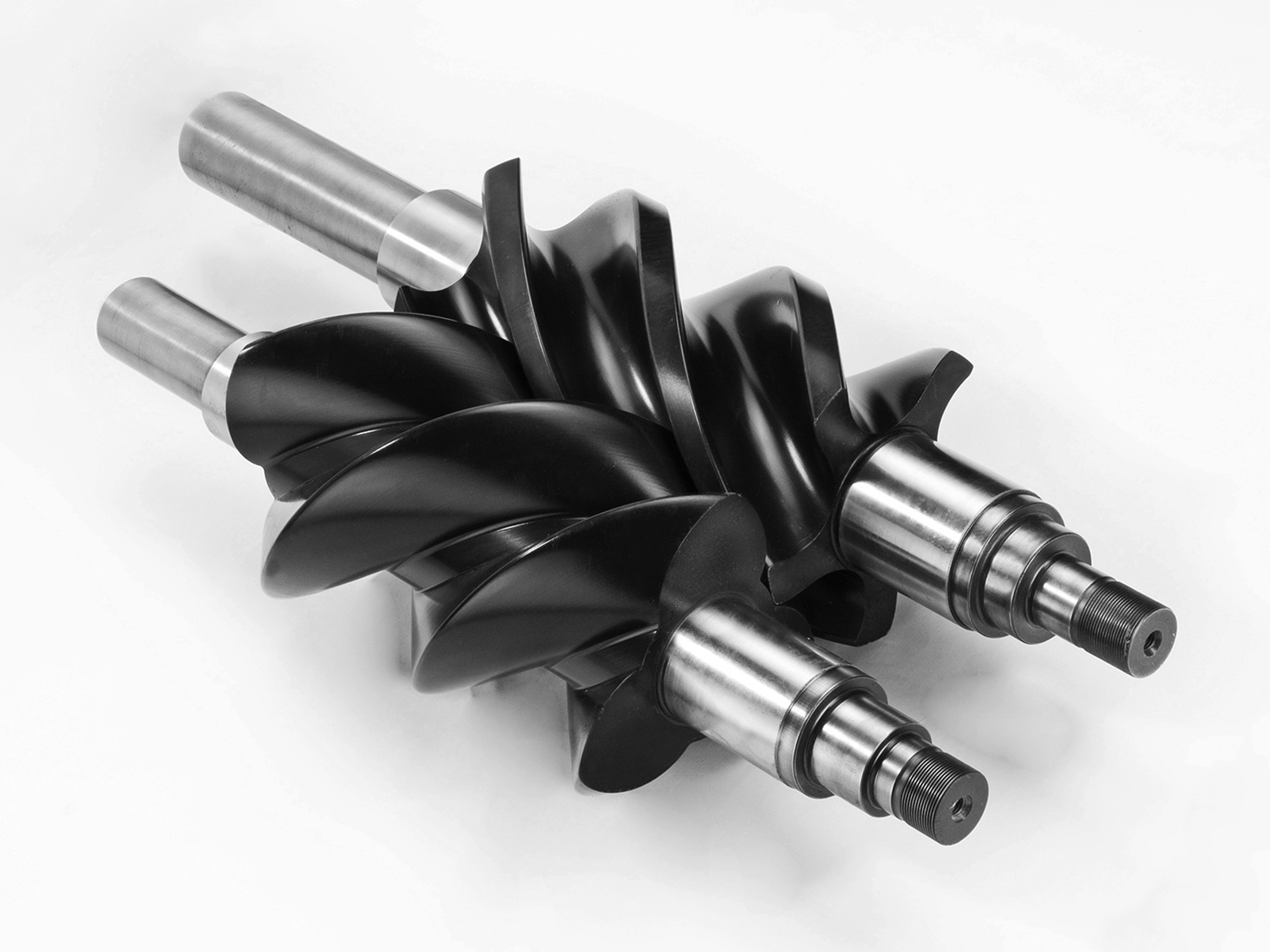
Oil-free compressors eliminate the need for lubricating oil in ...
Read More
; ?>/images/mobile/nav-down-arrow.png)
